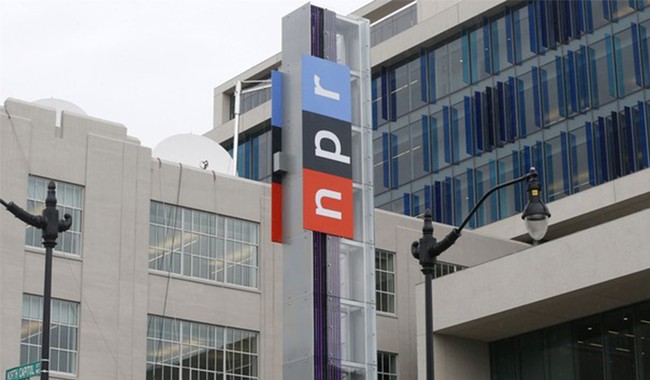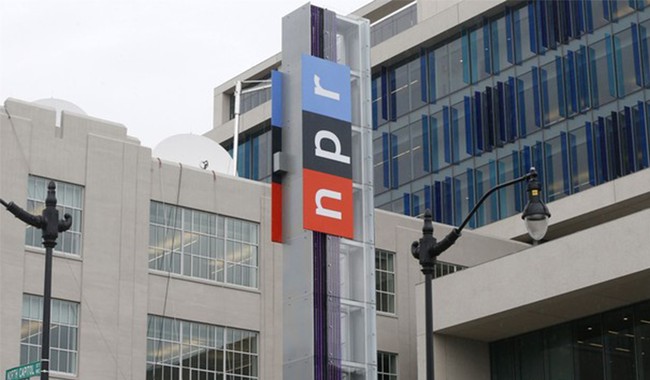
Woe is us (not). Public television and radio are losing federal funding, and according to the Corporation for Public Broadcasting (CPB), the governing body of PBS and NPR, they will close up shop, never to be heard from again.
I call BS on that.
The revenue loss will be significant. Congress shut down the CPB gravy train, clawing back $1.1 billion in taxpayer funds. CPB President and CEO Patricia Harrison said, “Despite the extraordinary efforts of millions of Americans who called, wrote, and petitioned Congress to preserve federal funding for CPB, we now face the difficult reality of closing our operations.”
“CPB remains committed to fulfilling its fiduciary responsibilities and supporting our partners through this transition with transparency and care,” she added.
It’s true that a billion dollars is a lot of money in the real world. But what of the more than 80 mega-billionaires who support liberal causes? While I’m sure they already give generous amounts to CPB, tapping them for a few million more each can’t be that difficult.
And rich corporations that support DEI and other liberal initiatives should pony up and dig deep. Even if they already do contribute to CPB, if they truly support “public broadcasting,” they need to show it.
The point is simple and, I’m sure, recognized by public broadcasting executives: there is life after losing taxpayer funding, so get busy and start fundraising.
Politico:
Without federal funding, dozens of small public media stations — particularly in rural areas — are at risk of shutting down. A CPB analysis found that nearly half the rural stations it supported relied on federal funding for at least 25 percent or more of their total budget.
CBP, which was formed in 1967, said the majority of its employees will lose their jobs when the fiscal year ends in September. A small team of employees will stay on through January to finish shutting down its operations.
In addition to providing funding, CPB also provides several key services for local public media stations, including securing music rights for local broadcasters. Without CPB, local stations would be forced to incur the costs of securing those rights — an additional expense for stations that may already be short on funding without federal support.
I enjoy several programs on PBS, including “Nova,” “Nature,” “American Experience,” and several other high-gloss productions broadcast throughout the year. In truth, I can get the same information and entertainment watching for-profit networks such as Discovery, Science, National Geographic, American Heroes Channel, and another half dozen networks that broadcast science and history programming.
I’ve also just started delving into the “Great Courses” network and “Curiosity.” Both feature extraordinary lectures and programming that PBS could never match.
These networks are available on streaming services, cable and satellite offerings, and online to anyone, anywhere in the United States. To claim there will be a dearth of “quality programming” in rural areas without public broadcasting is dishonest and absurd.
This is the 21st century. Publicly funded broadcasting might have been a good idea 60 years ago, but not today. The world has changed, and the information revolution grinds inexorably on. If we refund CPB, should we also go back to having only three major TV networks?
Public broadcasting is yesterday. The future will go on without it.
Help PJ Media continue to tell the truth about the Trump administration’s accomplishments as we continue to usher in the Golden Era of America. Join PJ Media VIP and use promo code FIGHT to get 60% off your membership.







